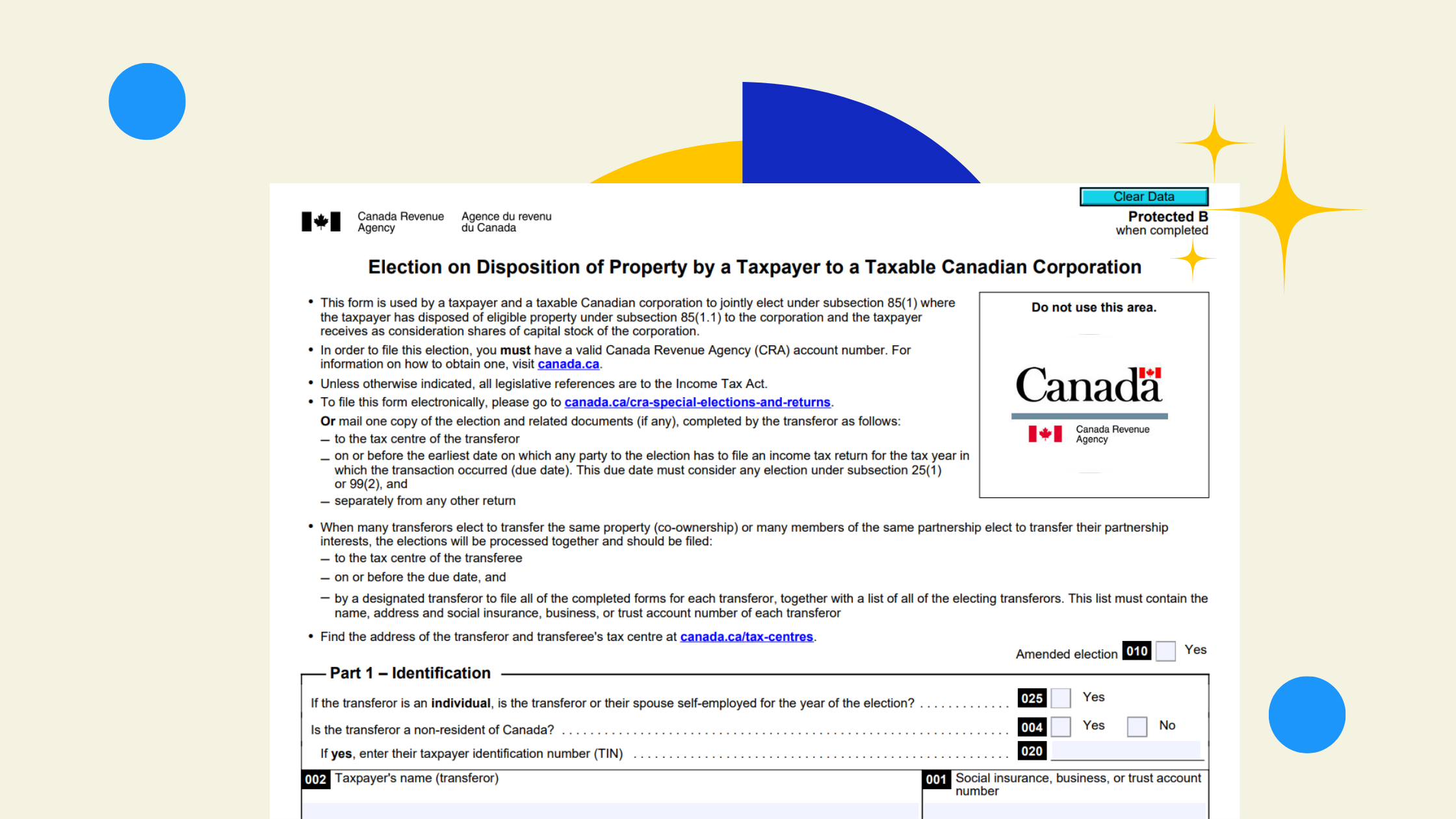You’re busy. Between managing your team, serving clients, and growing your business, bookkeeping often gets delegated and forgotten—until tax season.
But checking your numbers once a year? That’s a gamble that can lead to audit triggers, bad decisions, and money left on the table.
At MESA CPA, we’ve cleaned up books for over 40 Canadian businesses in the last four months—and the same issues keep popping up. Let’s break them down, so you can spot them early and stay ahead.
1. Overstated Expenses from Accounts Payable Errors
The Mistake:
When bills get paid, they should reduce accounts payable—not get re-entered as new expenses. But in messy books, that’s exactly what happens. The result? The same expense gets counted twice.
Why It’s a Problem:
- Inflated operating costs
- Understated profits
- Potential underreporting to the CRA
The Fix:
Reconcile your AP regularly. Look for duplicate amounts and ensure payments are applied to existing bills, not entered again as new ones.
2. An Overly Complicated Chart of Accounts
The Mistake:
Your chart of accounts is meant to simplify decisions. But some businesses end up with 100+ accounts—duplicates, outdated entries, or hyper-specific categories that confuse more than they help.
Why It’s a Problem:
- Slower reporting
- Misclassified expenses
- Poor visibility into what’s driving your business
The Fix:
Work with your accountant to consolidate and streamline. Keep categories aligned with decision-making—not just data entry.
3. Missed Interest Deductions on Loans
The Mistake:
Loan payments include principal (which reduces liability) and interest (which is a deductible expense). But many businesses lump the whole thing together—or ignore the interest altogether.
Why It’s a Problem:
- Missed tax deductions
- Inaccurate cash flow reporting
- Overstated loan repayment progress
The Fix:
Split each loan payment between interest and principal. Most cloud-based accounting tools can do this automatically—just set it up right from the start.
4. Improperly Recorded Owner Draws and Distributions
The Mistake:
Pulling money from your business? If it’s not salary, it shouldn’t be recorded as a business expense. But many owners categorize withdrawals as operating costs.
Why It’s a Problem:
- Misstated business expenses
- Distorted profit and loss statements
- CRA scrutiny or trouble with financing
The Fix:
Set up a clear process for tracking owner withdrawals—whether they’re dividends, loan repayments, or draws. Keep personal and business accounts separate.
%20-%20visual%20selection%20(2).png)
So, What Can You Do?
You don’t need to be a CPA, but you do need visibility. The best-run businesses don’t wait until year-end. They review their books regularly and ask the right questions.
Here’s how to stay on track:
✅ Review financials quarterly—not just during tax season
✅ Reconcile accounts monthly
✅ Work with a qualified bookkeeper who understands your industry
✅ Simplify your chart of accounts and automate where possible
Need a Second Set of Eyes?
At MESA CPA, we help Canadian business owners clean up financial records, catch costly errors, and get real clarity over their numbers.
Not sure if your books are in good shape?
Let’s take a look. Book a free 15-minute bookkeeping checkup—no pressure, just practical advice.
.png)


.png)

